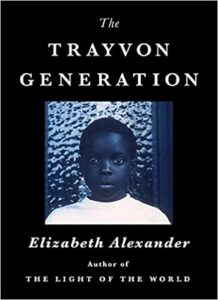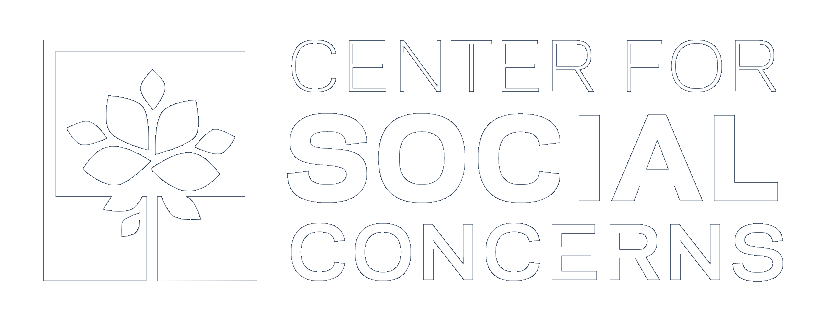 “I want my children – all of them – to thrive, to be fully alive. How do we measure what that means?” (73)
“I want my children – all of them – to thrive, to be fully alive. How do we measure what that means?” (73)
In The Trayvon Generation, a collection of essays interspersed with visual works of art, Elizabeth Alexander wrestles with the ways racism distorts what it means to be human. At the same time, her stories highlight how art can shape moral imagination, opening possibilities for flourishing even in the midst of unimaginable suffering. This book is about seeing clearly, remembering, and articulating what is true. It is short, but worth reading slowly, allowing one’s heart and imagination to be moved toward new ways of pursuing the good.



